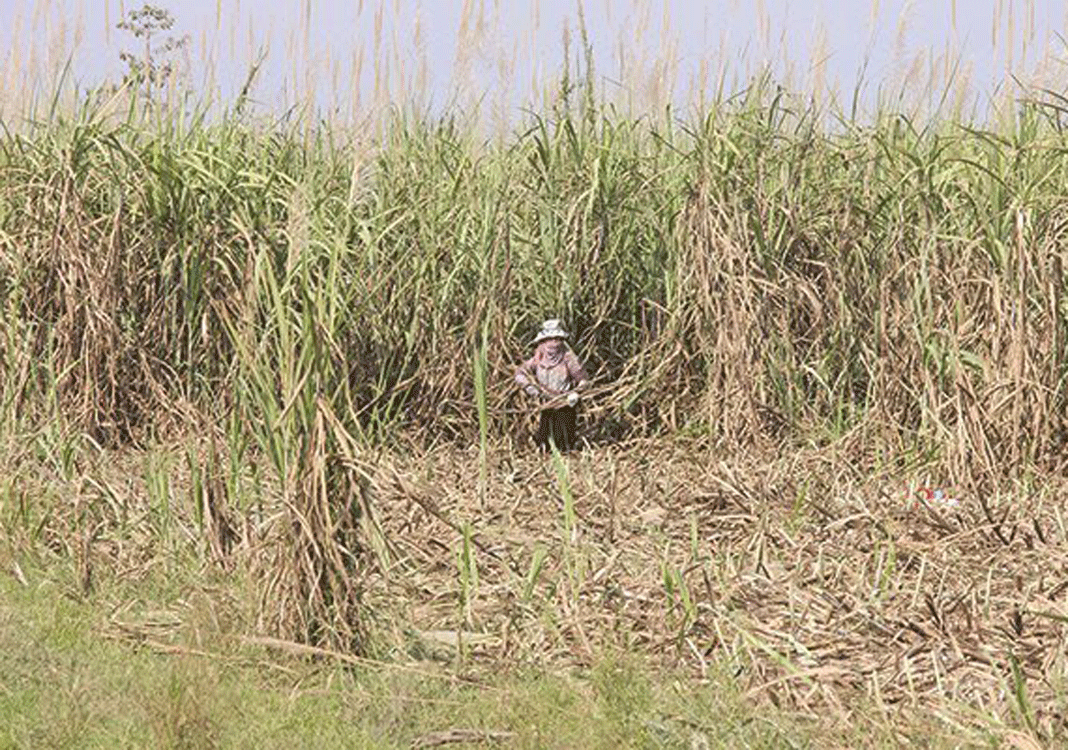HANOI – Only 29 of 40 local sugar plants remained operational in the 2019-2020 season due to a high volume of sugar imports and the deployment of the ASEAN Trade in Goods Agreement (ATIGA) with lower tax rates for sugar imports from ASEAN markets, according to the Vietnam Sugarcane and Sugar Association (VSSA).
The 2020-2021 season is forecast to be a hard time for the sugar sector, especially since the Covid-19 pandemic remains a big challenge. Four more sugar mills—Son Duong, Nong Cong, Van Phat and Pho Phong—are likely to stop their operations due to a shortage of input materials, resulting in their poor performance.
The local sugar sector has been hit for many years due to the smuggling of sugar, mainly from Thailand.
Meanwhile, other ASEAN countries, such as Thailand, the Philippines and Indonesia, despite commitments to the ATIGA, have still employed measures to protect their sugar firms.
Vietnam has fulfilled its commitments to the agreement since January 1 by setting no limits on the volume of sugar imports from ASEAN countries and applying a tax rate of 5% for sugar imports from these markets.
According to statistics from the General Department of Vietnam Customs, nearly 884,300 tons of sugar was imported into the country in the January-October period of this year, higher than the locally-produced volume of sugar. Of the total, sugar from Thailand accounted for 87.67%.
Due to a high volume of low-cost sugar imports, the prices of local sugar products have plunged, leading to low sugarcane prices. As a result, many farmers have incurred debts and stopped growing sugarcane.
In reality, the Ministry of Industry and Trade launched an anti-dumping and anti-subsidy investigation into sugar products that originate from Thailand in September. The ministry had earlier imposed anti-dumping measures on high-fructose corn syrup products originating from China and South Korea.
According to VSSA, Thailand has banned sugar imports, while Indonesia and the Philippines have allowed the import of a volume of sugar equivalent to the deficiency in volume.
In these three countries, sugarcane farmers are supported through direct and indirect aid and the profit sharing system to ensure they earn a stable income.
Specifically, the Thai Government annually provides at least US$1.3 billion to the sugar sector.
Therefore, Nguyen Van Loc, acting general secretary of VSSA, proposed Vietnam should apply trade remedies in line with the international law and rules of the World Trade Organization.
By Lan Nhi









